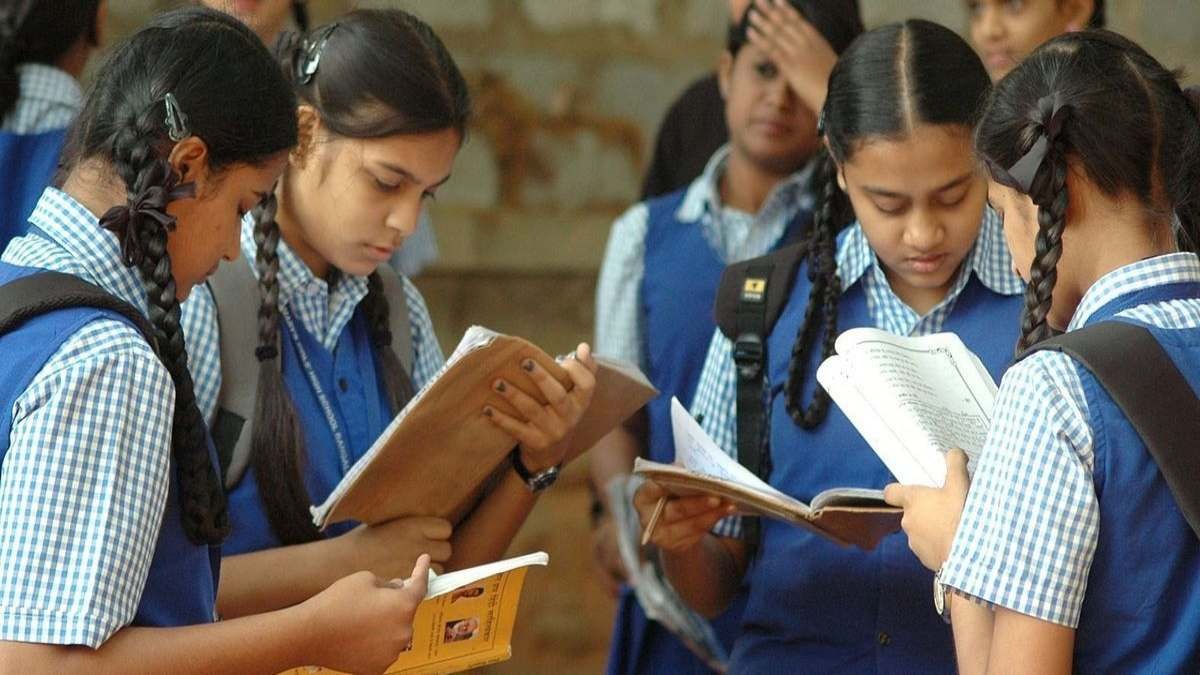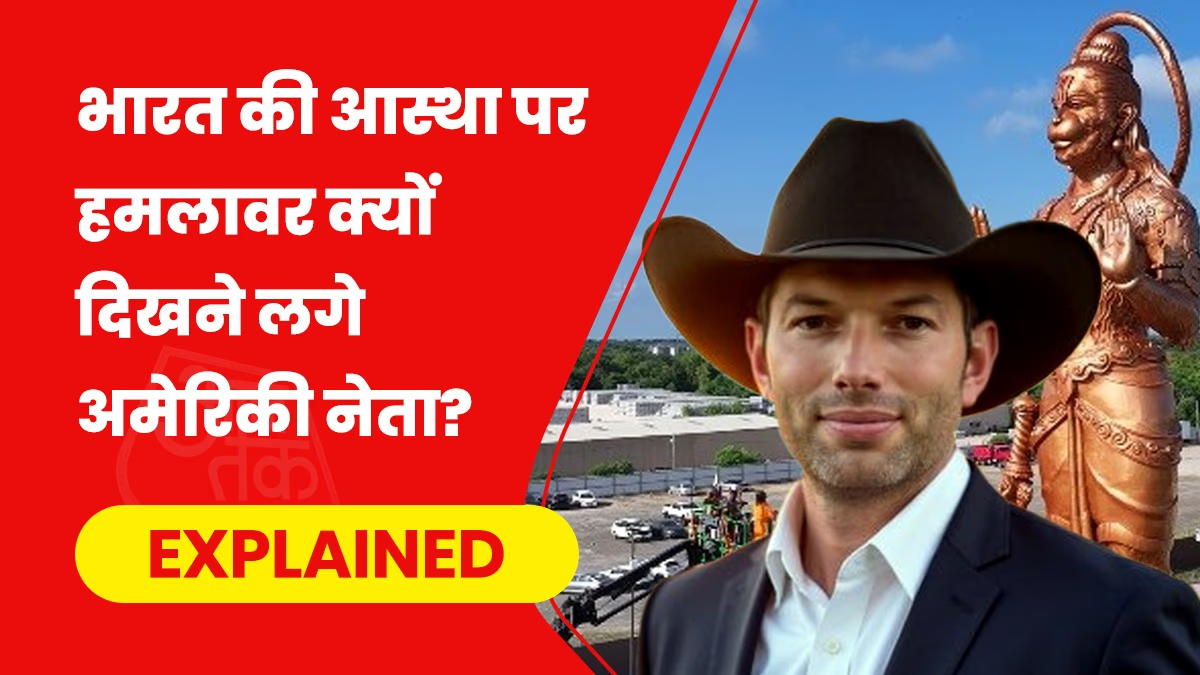Textbook chapters once highlighting the Babri Masjid demolition and the 2002 Gujarat riots have been revised. This move, along with the omission of references to Hindutva and the integration of Manipur into India, reflects the National Council of Educational Research and Training's (NCERT) significant overhaul of its curriculum, focusing on sensitive topics of recent years.
Changes in the Class 12 Political Science Textbook
According to a PTI report, NCERT has removed certain references to the Ayodhya demolition in Chapter 8 of the new Class 12 Political Science textbook. 'What is the legacy of the Ram Janmabhoomi movement and Ayodhya demolition for the nature of political mobilization?' has been replaced with 'What is the legacy of the Ram Janmabhoomi movement?'. Further, references to the Babri Masjid and the politics of Hindutva have also been omitted from the same chapter.
Previously, the first paragraph stated: 'Fourth, the culmination of several events took place in December 1992 with the demolition of the disputed structure (known as the Babri Masjid) in Ayodhya. This event marked the beginning of various shifts in the country's politics and sparked intense debate over the nature of Indian nationalism and secularism. These developments are associated with the rise of the BJP and 'Hindutva' politics.'
This has been revised to: 'Fourth, the centuries-old legal and political dispute over the Ram Janmabhoomi temple in Ayodhya began affecting Indian politics, leading to various political changes. The Ram Janmabhoomi temple movement became the central issue that changed the direction of secularism and democracy debates, culminating with the Supreme Court's constitutional bench decision (announced on November 9, 2019) leading to the construction of the Ram temple in Ayodhya.'
NCERT's Reasoning Behind the Syllabus Changes
NCERT claims that the updates reflect significant developments in India's political landscape in recent years. Officials state the changes are routine updates and are not tied to the development of new books following the new curriculum framework (NCF). These modifications have also been made in the Class 11 and 12 Political Science textbooks.
A document detailing the changes made by NCERT's curriculum drafting committee suggests that the Ram Janmabhoomi movement references have been revised 'according to new developments in politics'.
What Has Changed in the Class 11 Textbooks?
The previous Class 11 textbook’s Chapter 8 on secularism stated, 'Over 1,000 people were massacred in the riots that followed in Gujarat in 2002 after Godhra, most of whom were Muslim.' It has now been changed to 'Over 1,000 people died in the riots that followed in Gujarat in 2002 after Godhra.'
The rationale behind this change, as per NCERT, is 'any riot affects people of all communities. It cannot be just one community'.
Concerning the Gujarat riots, it is now stated: 'People from every community died in the riots.'
Regarding Pakistan-occupied Kashmir, it is now said: 'This is actually an Indian area seized by Pakistan.'
About the integration of Manipur into India, it is now mentioned: 'The Indian government persuaded the King to sign the instrument of accession in 1949.'
What Will Now Be Taught About Kashmir?
On Pakistan-occupied Kashmir, the previous textbook read, 'India claims that this region is under illegal occupation. Pakistan describes this area as Azad Pakistan.' The revised version states, 'However, this is Indian territory under illegal occupation by Pakistan, referred to as Pakistan Occupied Jammu and Kashmir (POJK).'
Regarding Manipur, the previous textbook stated, 'The Indian government was successful in pressuring the Maharaja to sign the merger agreement in September 1949 without consulting Manipur's popularly elected Legislative Assembly, resulting in significant anger and resentment, the effects of which are still being felt.' This has been changed to 'The Indian government was successful in persuading the Maharaja to sign the instrument of accession in September 1949.'
Last week, NCERT informed CBSE schools that new books for Classes 3 and 6 are being prepared, while no changes will be made for other classes as per the NCF. However, a series of changes will now be introduced in the books not yet in the market, while the new academic session has already begun.




